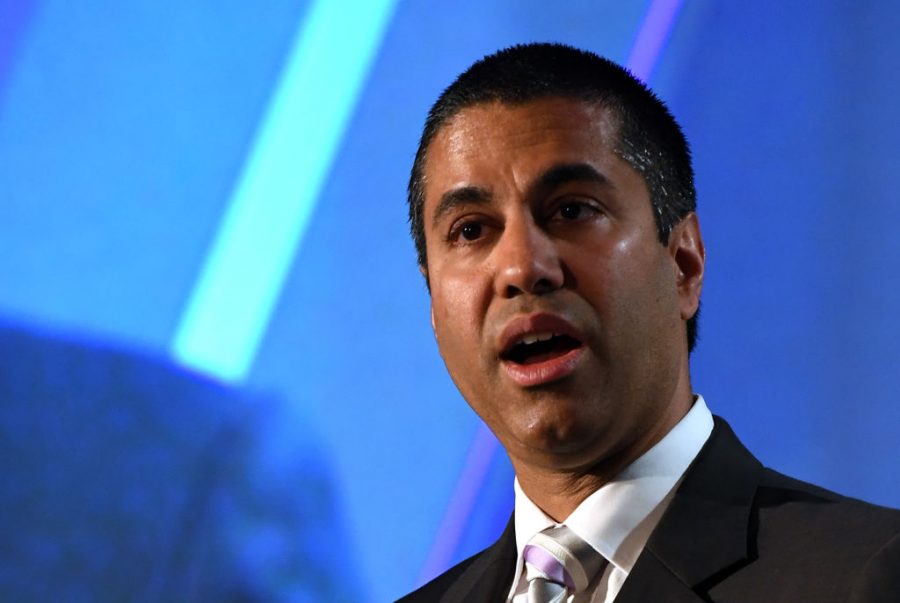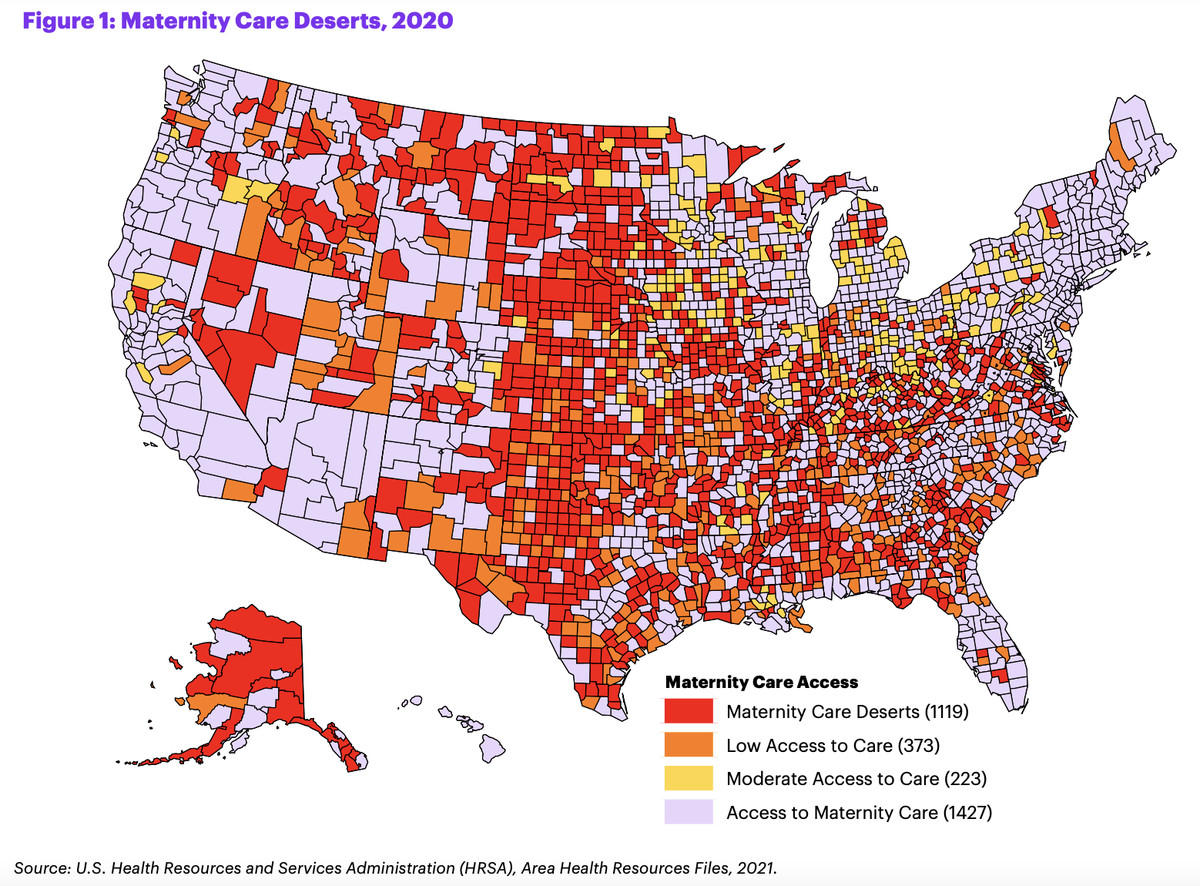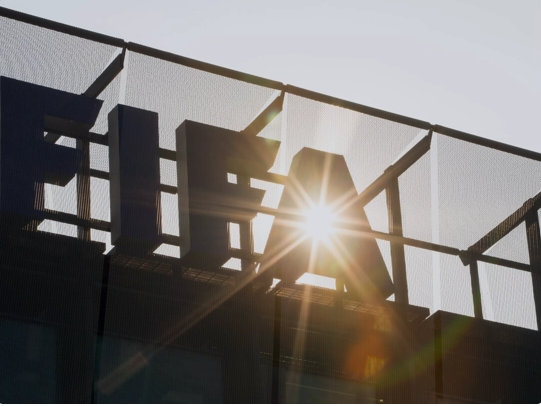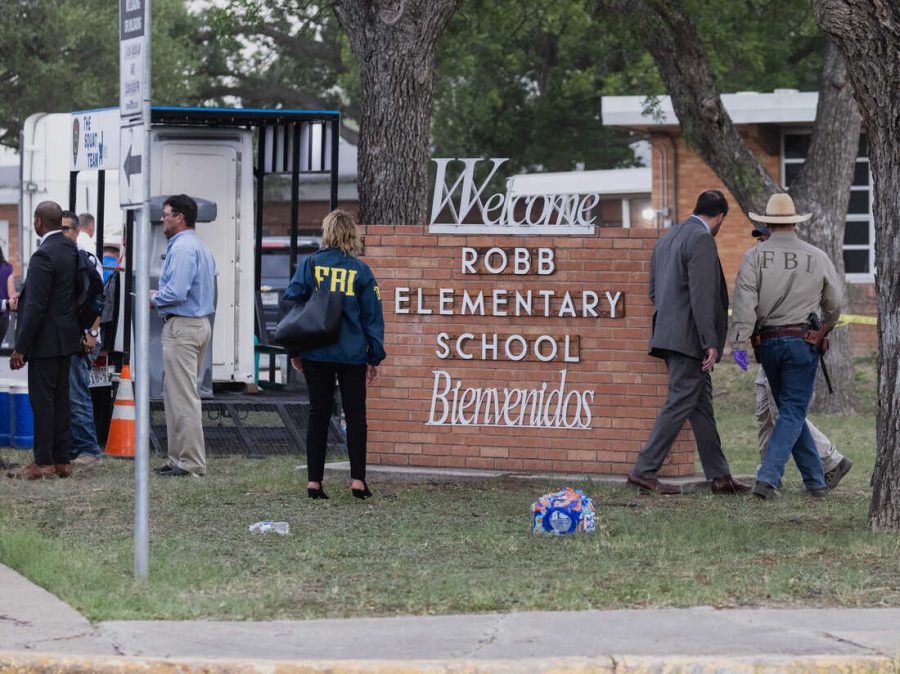The internet as we know it is an expansive place where individ
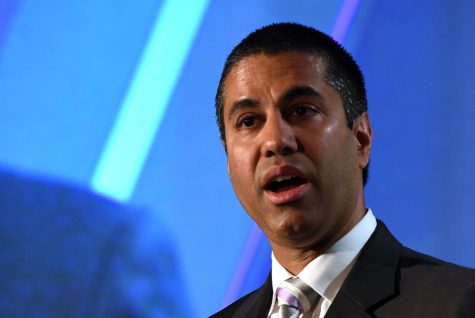
uals can communicate with others and explore content, whether that be social media, news, music, art or virtually anything a person wants or needs to access. Since the internet is an assemblage of various machines and networks, and there’s no person or company that can claim ownership, it’s been able to stay free via a principle called “Net-neutrality.”
Net-neutrality keeps the internet open, free and equal by allowing us to view whatever content we chose, without service providers like AT&T, Comcast and Verizon slowing down, speeding up or blocking content based on the company’s partnerships and interests. This is the way the internet has always been to us; however, the current Federal Communications Commission chairman Ajit Pai, who was appointed by Trump, is threatening the way the internet works by dissolving net neutrality by repealing existing rules.
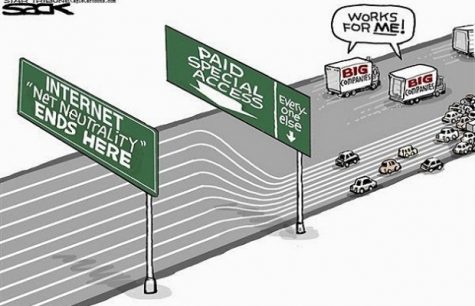
So what does this mean for us? Without net-neutrality, the internet will be completely changed. Service providers could separate content into packages, charging more for news and social media. Providers can also slow down or speed up sites to work for their benefit. For example, if a provider preferred Yahoo as a search engine, they could slow down Google or Bing in order to lead their customers to the preferred engine. Also, depending on the provider, content can be blocked. This is detrimental to communities of color, the LGBT community and other marginalized groups who use the internet’s sharing capabilities to spread the word on ideas, movements, ways to get involved, etc. Small businesses will also suffer from the lack of a platform and heightened competition between themselves and big business. The power, put simply, would be in the hands of the providers who can dictate who is or is not heard.
It’s important that we as a community pay attention to this issue and other issues like this because they affect us all. Choosing to repeal net-neutrality would be choosing corporations over the people. On December 14, the FCC will vote on Pai’s proposal, possibly permanently changing the internet and how we operate in today’s society forever.

